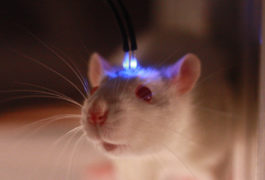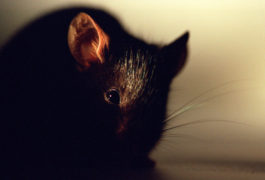Transcranial treatment; maternal inflammation; autism ants and more
Transcranial treatment may bolster memory in adults with autism, inflammatory molecule may alter an emotional brain region in newborns, and examining ants could yield insights into autism




